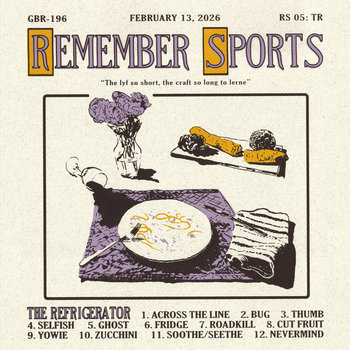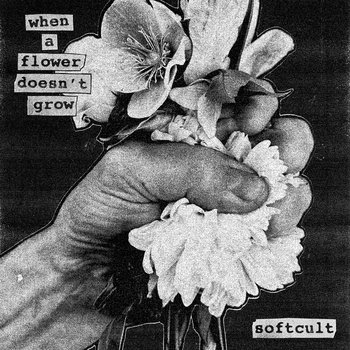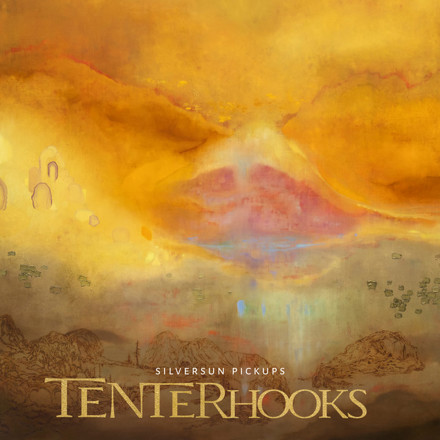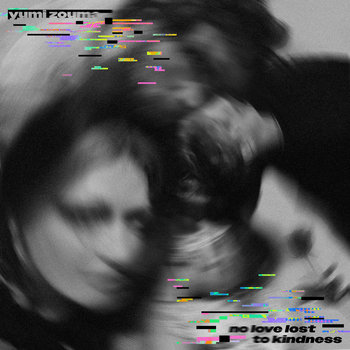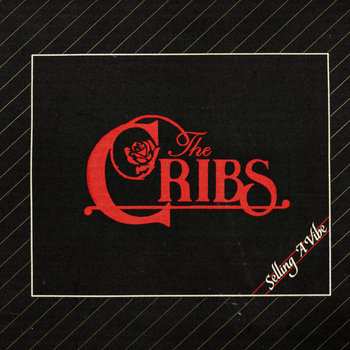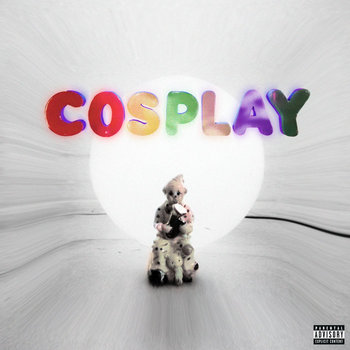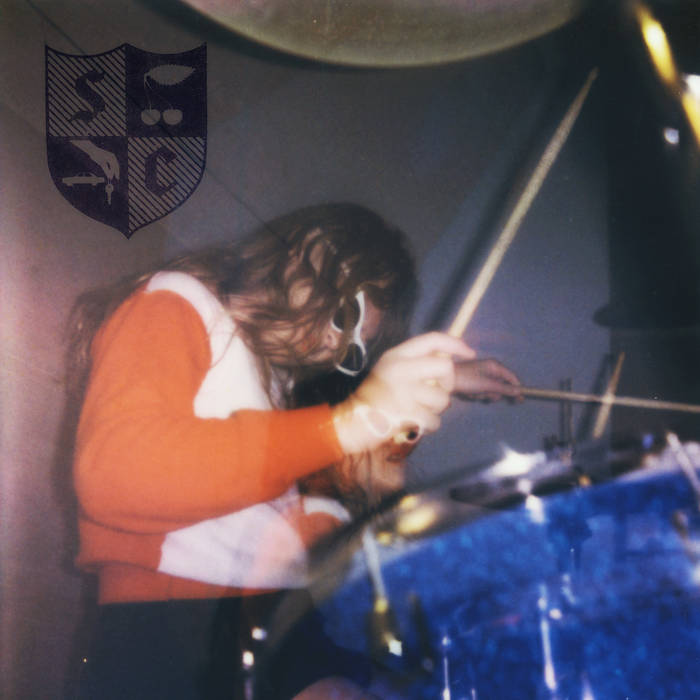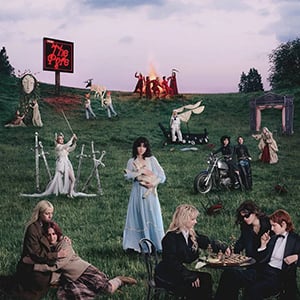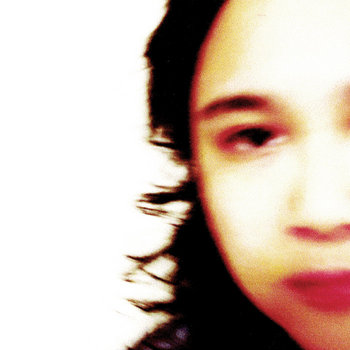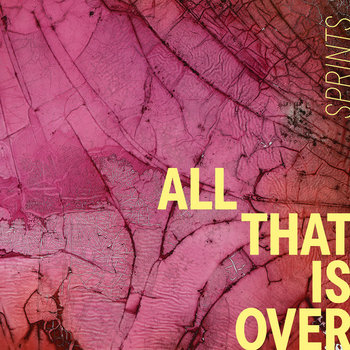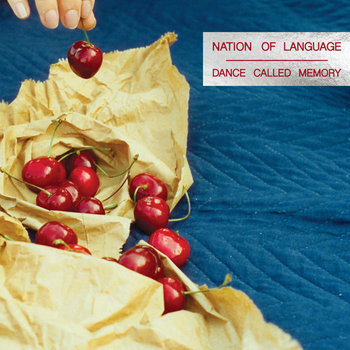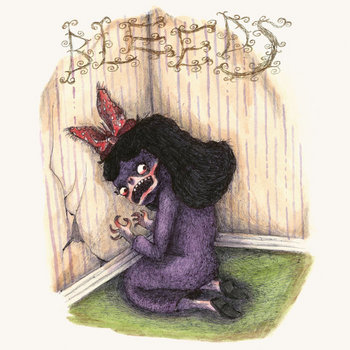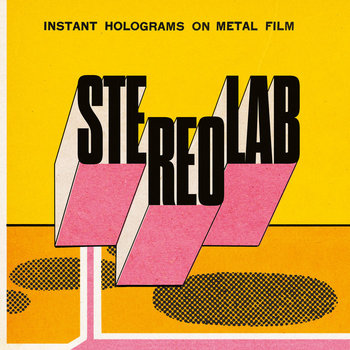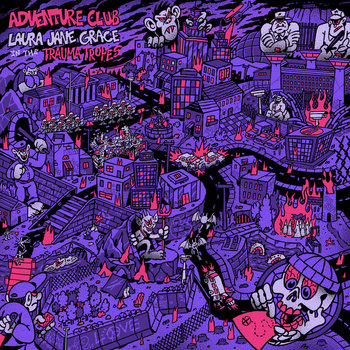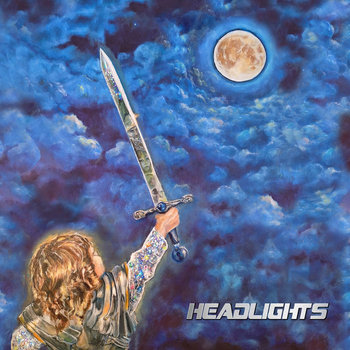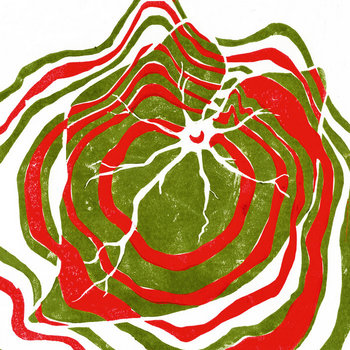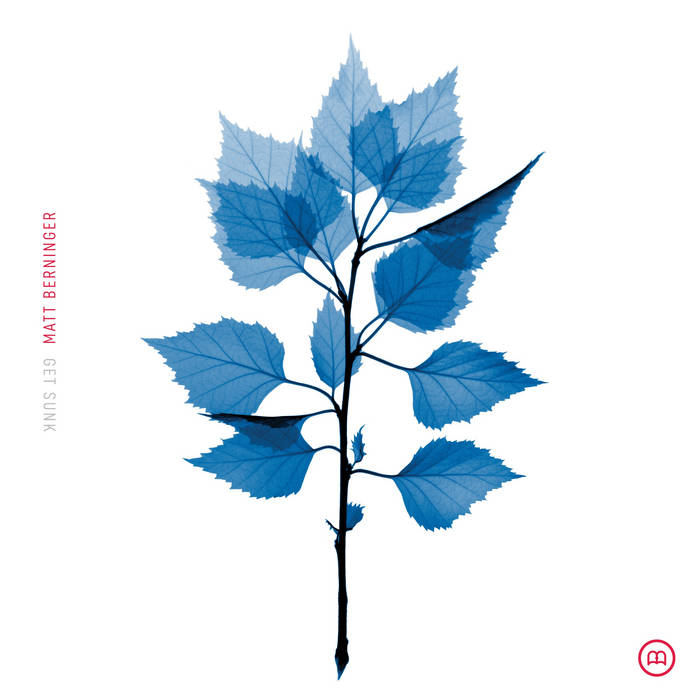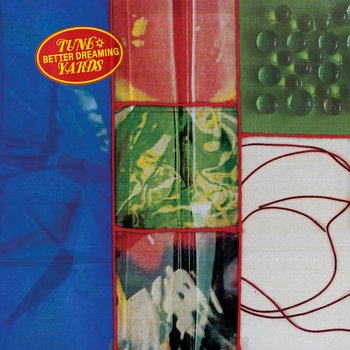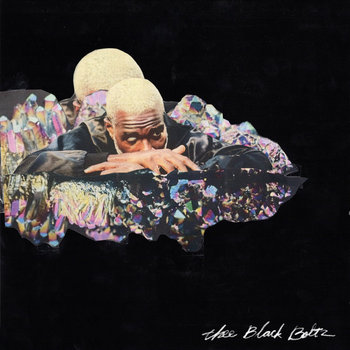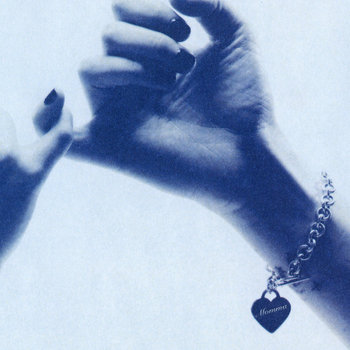
Justin Pospieck
CD of The Week
Indigo De Souza - Precipice (Loma Vista / Concord)
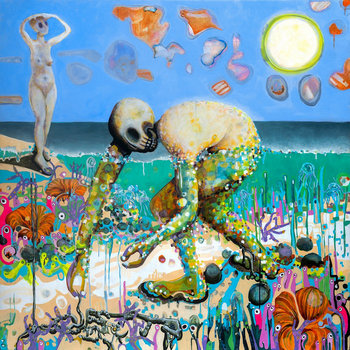 Indigo De Souza has been making dynamic indie rock since her first album, I Luv My Mom, was self-released seven years ago. Her voice is fragile and powerful at the same time, cracking with emotion and not afraid to talk about abuse, mortality, or toxic relationships. In fact, many of her songs from her fourth album, Precipice, examine death and don’t hold back. The word “precipice” has the connotation of being on the brink of life or death, looking over a cliff with the possibility of careening over the edge, manifesting as a thrilling fear. The reserved and spacious track “Not Afraid” proclaims, “I’m not afraid of dying anymore, I’m not afraid of living either.”
Indigo De Souza has been making dynamic indie rock since her first album, I Luv My Mom, was self-released seven years ago. Her voice is fragile and powerful at the same time, cracking with emotion and not afraid to talk about abuse, mortality, or toxic relationships. In fact, many of her songs from her fourth album, Precipice, examine death and don’t hold back. The word “precipice” has the connotation of being on the brink of life or death, looking over a cliff with the possibility of careening over the edge, manifesting as a thrilling fear. The reserved and spacious track “Not Afraid” proclaims, “I’m not afraid of dying anymore, I’m not afraid of living either.”The renewed intrigue and coming to terms with life and death came to a head less than a year ago when Hurricane Helene ravaged the unprepared residents of western North Carolina. De Souza has resided in Asheville for the past 12 years and was not immune to community loss and destruction. Although written years before under different circumstances, the ethereally sparse “Be My Love” opens the album and carries a new meaning of coping with devastation when she sings, “I am not the things I have in my house / This is not the end.” The harmonized, fluid “Be Like the Water” is a mature reaction to loss assessment and quantifying what is important, as it opens with “Be like the water, go where you're going / Say what you need to, you know you're dying.”
Perhaps the most intriguing aspect of De Souza’s new record is the musical direction she has chosen. She has said in the past that she was not interested in doing festivals because they, like many record producers, focus on money over art. So, she could have continued to make another album like her past catalogue, one that varies in style and tempo, using her bold, energetic voice to carry her emotions and songwriting. But history shows that most artists change. And like most artists of her caliber, they tend to mature by taking the accessible, critic’s darling route of slower, lighter songs with the opportunity to put unique vocals on display. But neither of these directions is found on Precipice. If there was a hint to where De Souza would go for this record, it could be extracted from last year’s EP, Wholesome Evil Fantasy, which, in her own words, were “songs [that] come from the spiciest, most goofy, glitter gloss place in my psyche…I was just having so much fun.”
“Glitter-gloss” is the key that carried over to Precipice, as it is 85% pop. Like most efficient pop songs, not one track breaks the three-and-a-half-minute mark. While there are still glimmers of her vocal range, the outcries and pure emotional breaks have become limited, streamlined, and smoothed over. “Heartbreaker” sounds like Fleetwood Mac. “Crush” is a playful danceable track about sexual instruction but misses an opportunity to move beyond a candy coating. The pure hyper-pop tracks of “Pass It By” and squeaky synths on “Crying Over Nothing” have a bright future in the club remix world. I could be wrong, but there are even moments where it sounds like auto-tune is applied (a valid artistic choice, but ultimately unnecessary). That said, there are a couple intimate moments like the slow dance “Dinner” and the quiet synth of “Precipice.” And the single “Heartthrob” shows what we could have had in an indie-world De Souza. It’s a catchy, familiar guitar rock number that accepts and reconciles the deep wounds of sexual abuse in her naïve past, planting them alongside an upbeat melody.
It will be interesting to see the translation of this album to live performance. Will she substitute a strobing dancefloor array of colors for acoustic guitar solos and lighters (or likely, phone flashlights)? Or will she once again take the opportunity to remind us of just how mesmerizing her voice can be live. Find out on Wednesday, October 22nd, when she plays Union Transfer with Mothe opening.
Review by Shepard Ritzen
